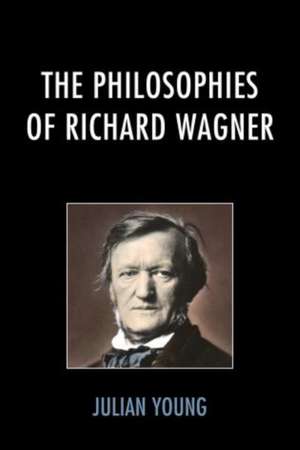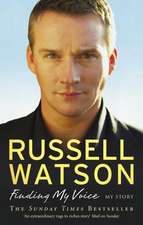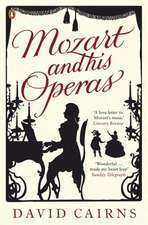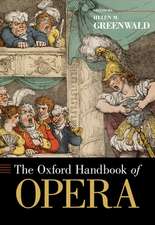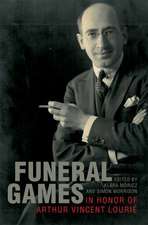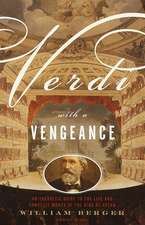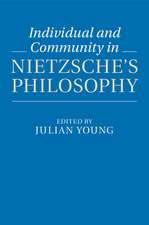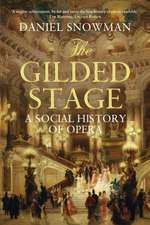The Philosophies of Richard Wagner
Autor Julian Youngen Limba Engleză Paperback – 13 mai 2016
Preț: 420.64 lei
Nou
Puncte Express: 631
Preț estimativ în valută:
80.50€ • 83.56$ • 67.12£
80.50€ • 83.56$ • 67.12£
Carte tipărită la comandă
Livrare economică 22 martie-05 aprilie
Preluare comenzi: 021 569.72.76
Specificații
ISBN-13: 9780739199947
ISBN-10: 0739199943
Pagini: 170
Dimensiuni: 313 x 153 x 14 mm
Greutate: 0.23 kg
Editura: Rowman & Littlefield
ISBN-10: 0739199943
Pagini: 170
Dimensiuni: 313 x 153 x 14 mm
Greutate: 0.23 kg
Editura: Rowman & Littlefield
Notă biografică
Julian Young is Kenan Professor of Humanities at Wake Forest University.
Descriere
Julian Young presents Richard Wagner as an important philosopher of art and life, first as a utopian anarchist-communist and later as a Schopenhauerian pessimist. Understanding Wagner's philosophy is crucial to understanding his operas, as it is to understanding Nietzsche, Schopenhauer, and Heidegger.
